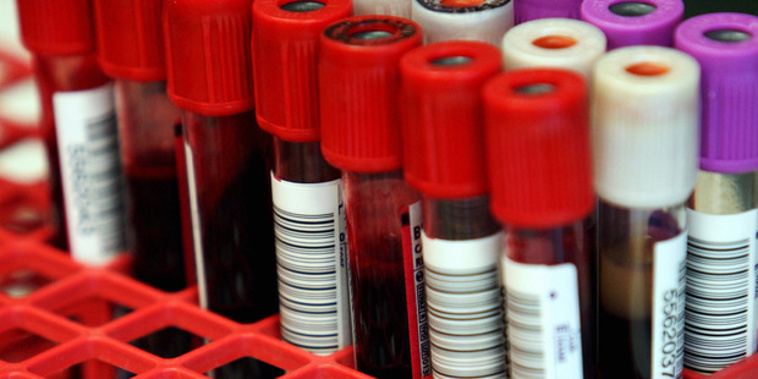
Doctors have blasted the response to a syphilis epidemic killing babies as "totally inadequate".
The Royal Australasian College of Physicians has urged Associate Health Minister Julie Anne Genter to take action, after cases where syphilis was passed on from mother to unborn child, resulting in stillbirths.
In a letter, released to the Herald, the college's New Zealand president Dr Jeff Brown bluntly labelled the official response to the syphilis epidemic as "totally inadequate".
There are only eight full-time sexual health specialist positions across New Zealand, Brown noted, with some DHBs not employing any specialists. That includes in areas where unborn babies have died from syphilis.
"There are ongoing workforce challenges which are preventing the health system from responding adequately to this preventable epidemic," he wrote.
"The situation in the Auckland region (where the majority of syphilis cases are reported) is of particular concern. In 2017, amidst rising syphilis presentations and an increase in complex cases...Auckland DHB cut the specialist full-time equivalent positions in Auckland by 1.65 to 2.1."
There was one syphilis case in the Auckland region in 1995. Last year, there were 296.
The changes by Auckland DHB in 2017 also introduced a triage system for sexual health clinics. People are now asked a series of questions online or by phone. If they don't meet certain criteria, including being under 30, gay or bi-sexual, Māori or Pacific, they are told to see their GP or family planning.
If a nurse taking the phone call believes the person has an STI they can book them in regardless, however that relies on the assessor being properly trained and experienced.
The approach is at odds with other jurisdictions, including the United Kingdom, where there's a target for anybody who may have an STI to be seen within two working days.
In its letter, the College of Physicians said the ministry had implied the syphilis epidemic was linked to the funding of HIV pre-exposure medication (Prep), despite that regime coming into force in March this year, and syphilis cases steadily rising since 2013.
"[We] find the Ministry's response regarding the ongoing syphilis epidemic totally inadequate," Brown wrote.
Another failure highlighted was the fact a promised electronic surveillance system to accurately track infections is yet to be rolled out, despite syphilis being a notifiable condition for 18 months.
The college, which trains physicians in more than 33 medical specialties, recommended giving more money to services, setting DHBs targets to cut syphilis infections, setting mandatory service specifications for the provision of sexual health clinics.
There were four cases of congenital (mother-to-baby) syphilis since 2017, and one probable case. A further two possible cases are being investigated. Of the cases last year, two were stillbirths.
Genter wasn't available for interview, but in a statement said "it is clear we do need to step up our response to sexual health". A cross-agency working group had been established, with the first meeting held last week. A wide-ranging review of the health system will include sexual health services, with a final report due in 2020.
"Budget 2018 delivered an additional $549m annually to DHBs for population-based funding...including for sexual health," Genter said.
Auckland DHB pointed to a focus on syphilis treatment and prevention, including through a campaign run with the NZ Aids Foundation and other organisations. That showed early promise - data for quarter two this year showed a 24 per cent drop in infectious syphilis cases among men.
"We have recently seen a quarter-on-quarter drop in the number of syphilis cases in the Auckland region, and while it is too early to draw conclusions, this is encouraging," an ADHB spokeswoman said.
"We are currently considering the next steps in this work."
Women should have antenatal blood tests at the first contact with a health professional during pregnancy. If detected, syphilis is usually cleared with antibiotics such as penicillin shots.
Infected babies who aren't treated can have seizures, brain damage, blindness, development delay or die. Recent congenital syphilis cases in New Zealand have happened despite the women being seen by GPs and midwives prior to giving birth.
Jacqui Anderson, midwifery advisor for the NZ College of Midwives, said sexual health competency was already part of training and had been for a long time. Syphilis was clearly a growing problem in New Zealand and the congenital syphilis cases were a "really good wake-up call" for everybody in the health sector to be alert.
Take your Radio, Podcasts and Music with you









